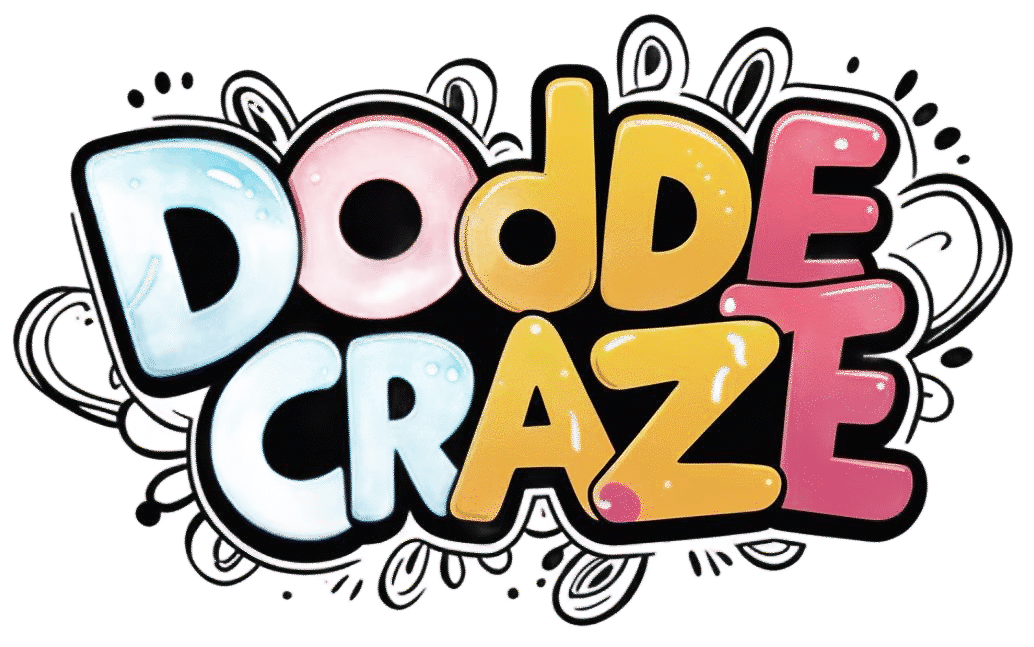Books: A Timeless Gateway to Knowledge and Imagination
In a world dominated by digital media and fleeting attention spans, the humble book stands as a steadfast beacon of wisdom, creativity, and inspiration. Throughout history, books have been essential tools for preserving knowledge, sparking revolutions, and igniting the imagination of countless generations. Let’s delve into the fascinating world of books, exploring their rich history, enduring significance, diverse applications, and intriguing future trends.
**The Historical Tapestry of Books**
Books have a storied past that dates back thousands of years. The ancient civilizations of Mesopotamia, Egypt, and China were among the first to inscribe their thoughts and stories on scrolls and tablets made of clay, papyrus, or silk. The advent of the codex, a precursor to the modern book with pages bound together, revolutionized the way information was recorded and disseminated.
In the medieval period, monks meticulously transcribed religious texts and scholarly works by hand, preserving knowledge for future generations. The invention of the printing press by Johannes Gutenberg in the 15th century marked a watershed moment in the history of books, making mass production and widespread distribution possible.
As literacy rates rose and libraries flourished, books became more accessible to the general public, democratizing learning and fostering intellectual growth. From illuminated manuscripts to paperback novels, each era has contributed to the rich tapestry of book history.
**The Significance of Books in Modern Society**
Despite the rise of e-books and digital reading devices, physical books continue to hold a special place in the hearts of readers around the world. Books offer a tactile and immersive reading experience that engages multiple senses, making the act of reading a deeply personal and enriching endeavor.
Books serve as portals to different worlds, allowing readers to explore new perspectives, cultures, and ideas. They provide solace in times of hardship, inspiration in moments of doubt, and companionship when one feels alone. The power of storytelling transcends time and space, connecting readers across generations and continents.
Moreover, books play a crucial role in education, shaping young minds and fostering a lifelong love of learning. From picture books for toddlers to academic tomes for scholars, books cater to a wide range of audiences and interests, making knowledge accessible to all.
**The Diverse Applications of Books**
Books are not limited to traditional printed form; they have evolved to encompass a wide array of formats and genres. Audiobooks offer a convenient way for busy individuals to enjoy literature on the go, while e-books provide instant access to a vast digital library at the touch of a button.
Beyond entertainment and education, books have found applications in various fields, including art, therapy, and activism. Artists use books as a medium for creative expression, transforming pages into works of art through techniques like collage and mixed media. Bibliotherapy, the practice of using books to promote mental health and emotional well-being, has gained traction as a therapeutic tool.
Books have also been instrumental in driving social change and raising awareness about pressing issues. From seminal works like “Uncle Tom’s Cabin” by Harriet Beecher Stowe to contemporary bestsellers like “The Hate U Give” by Angie Thomas, literature has the power to challenge stereotypes, provoke thought, and inspire action.
**The Future of Books: Trends and Innovations**
As we look to the future, the landscape of books is poised for further evolution and innovation. Digital publishing platforms offer aspiring authors the opportunity to self-publish their work and reach a global audience without traditional gatekeepers. Print-on-demand technology enables publishers to produce books in small quantities, reducing waste and inventory costs.
Augmented reality and interactive storytelling are reshaping the way readers engage with narratives, blurring the lines between fiction and reality. Virtual book clubs and online forums provide readers with a sense of community and connection in an increasingly digital world.
Despite these advancements, the allure of a physical book remains unmatched for many bibliophiles. The smell of ink on paper, the rustle of pages turning, and the weight of a book in hand evoke a sense of nostalgia and comfort that digital devices cannot replicate.
**In Conclusion**
Books have stood the test of time as enduring companions on life’s journey, offering solace, wisdom, and wonder to all who seek them. From ancient scrolls to modern e-readers, the evolution of books mirrors the evolution of human knowledge and creativity.
As we embrace the digital age and welcome new technologies, let us not forget the timeless magic of a well-loved book, waiting to transport us to distant lands and ignite our imaginations. In a world of fleeting trends and constant distractions, books remain steadfast beacons of light, guiding us on a never-ending quest for knowledge and understanding.

